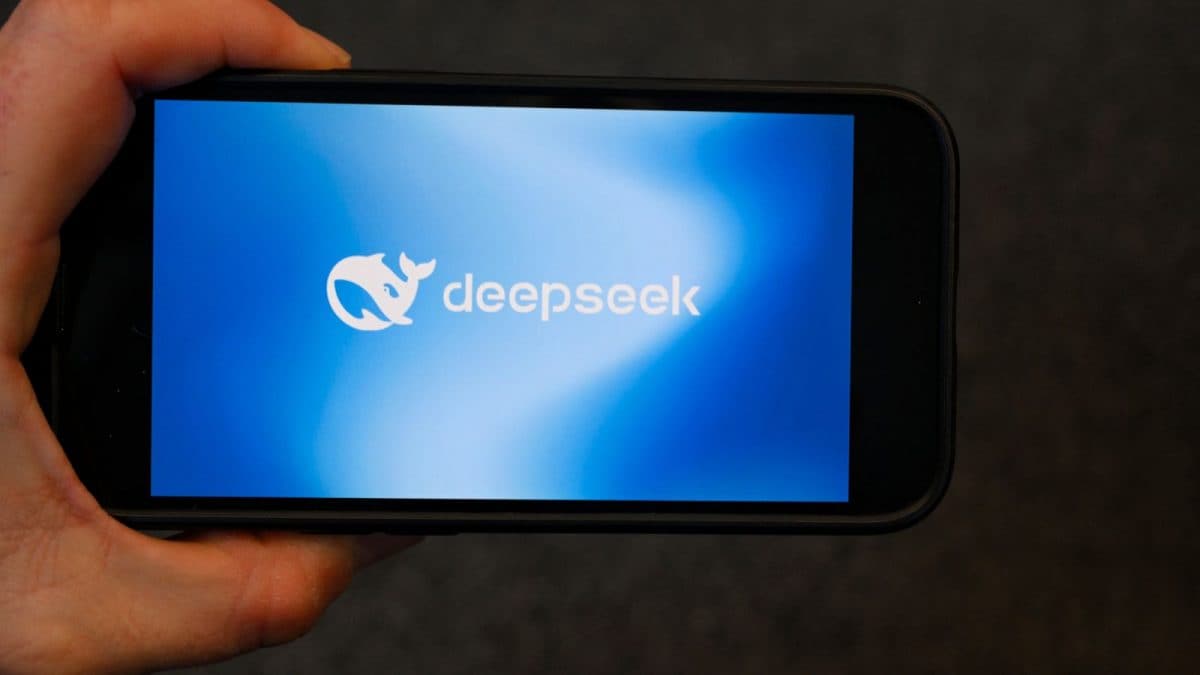[…]
The first rupture appeared on January 29 when cloud security firm Wiz stumbled upon an exposed ClickHouse database tagged “ds‑log‑prod‑001". Anyone with a browser could have accessed more than a million log lines: raw chat history, API keys, and even internal service tokens. Wiz engineers demonstrated that with two clicks they could seize “full database control", inject malicious code and pivot into the rest of DeepSeek’s infrastructure.
A week later mobile forensics specialists at NowSecure published a parallel autopsy of the iOS build. Their findings read like a checklist of everything Apple’s security team tells developers not to do: hard‑coded encryption keys, deprecated 3DES ciphers and App Transport Security switched off globally, allowing chats to travel unencrypted. The company urged enterprises to ban the app outright. However, DeepSeek’s parentage turned out to be even more troubling.
Corporate registries in Zhejiang and the Cayman Islands show the chatbot is a wholly owned offshoot of High‑Flyer Quant, a hedge fund founded in 2016 by the 38‑year‑old trader and CEO of Deepseek, Liang Wenfeng. Reuters reporting confirms that High‑Flyer pivoted from equity markets to artificial intelligence research in 2023, building two super‑computing clusters stuffed with Nvidia A100 processors before US export controls came into force.
[…]
Sources say the Computer Emergency Response Team of India (CERT‑In) is preparing a broader advisory under the new Digital Personal Data Protection Act that could push local app stores to delist the software if it fails a security audit. Other democracies have gone further: Italy, Australia and Taiwan have banned DeepSeek from public‑sector systems, with Taipei warning of “systemic espionage risk".
[…]
High‑Flyer Quant’s pitch decks boast of “harvesting alternative data at planetary scale". If every trade idea whispered into DeepSeek ends up in a Hangzhou warehouse, the company enjoys a real‑time map of market sentiment unavailable to Wall Street — and unpoliced by the Securities and Exchange Commission. For American fund managers and Indian startups alike, using the chatbot could be tantamount to CC‑ing a rival on every brainstorming session.
[…]
Like I’ve said several times before, you’ve scraped the dregs of anti-China “news” online and probably bypassed a ton of stuff that would have actually been interesting here.
This opinion piece, in particular, is extra jingoistic and practically assumes the USA deserves control of not just computing technology worldwide, but also control of time itself.
Reuters reporting confirms that High‑Flyer pivoted from equity markets to artificial intelligence research in 2023, building two super‑computing clusters stuffed with Nvidia A100 processors before US export controls came into force.
On Capitol Hill, the discovery set alarm bells ringing. Washington had barred Beijing from buying the world’s most coveted AI chips, yet here was a Chinese firm running a model of near‑GPT‑4 heft on hardware Washington thought safely out of reach.
So the US got upset at a Chinese hedge fund company that managed to purchase things legally and then build a product that doesn’t need any Nvidia processors to run anyway.
Boo-fucking-hoo. A Chinese capitalist company did capitalism better than the United States. It did more open AI than OpenAI.
Nvidia insists it obeys US law, but lawmakers are now drafting “chip end‑user tracing" legislation to brand each accelerator with an immutable provenance tag.
And these additional regulations are just a net negative for privacy
The House Select Committee… accuses the firm of “spying, stealing and subverting" by siphoning petabytes of conversational data… Through a technique called model inversion, adversaries can reconstruct fragments of that training data. In practice, that means Beijing could fish out a US senator’s embargoed speech or an Indian bureaucrat’s budget note and feed the text into targeted influence campaigns long before it ever reaches the public domain.
In other words, literally everything OpenAI did with the “public” web. But the author doesn’t seem to care about the unethical funneling of data, just the Chineseness of where it ends up.
Hopefully I don’t need to explain how goofy these examples are, either.
Don’t understand why you are whining about that. It’s an op-ed as many others with good source, there is no need to pick and choose some details only to interpret them in a context that fits your narrative. Just cool down a bit to see the whole picture.


